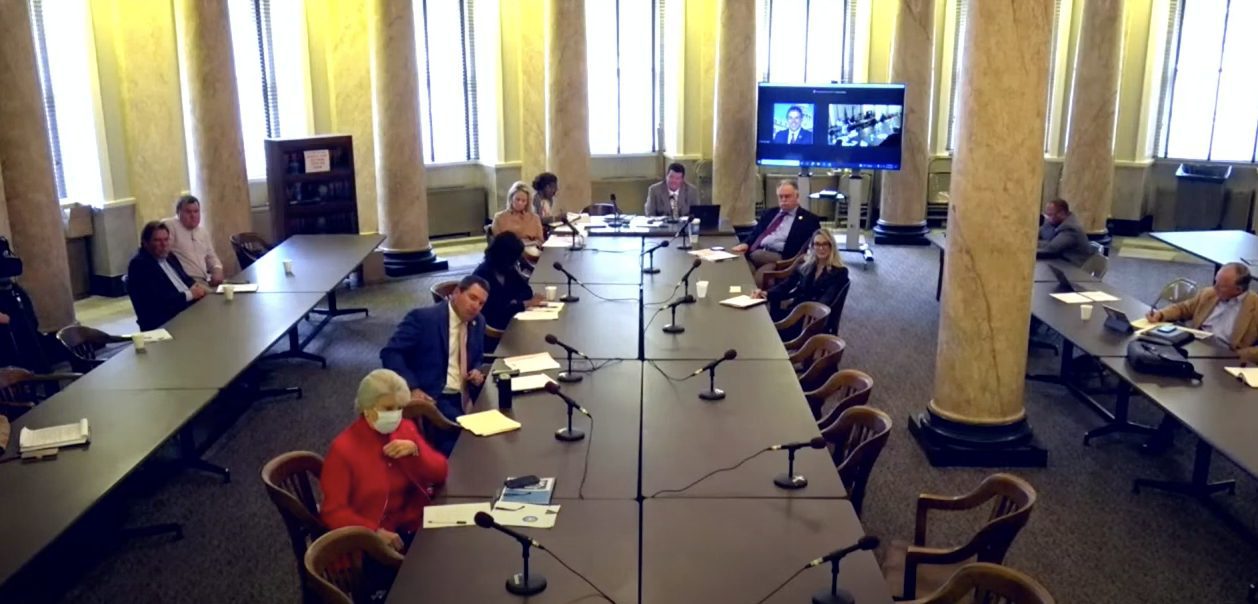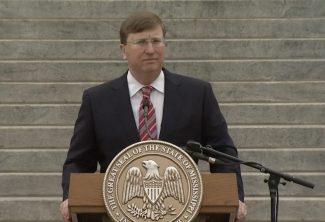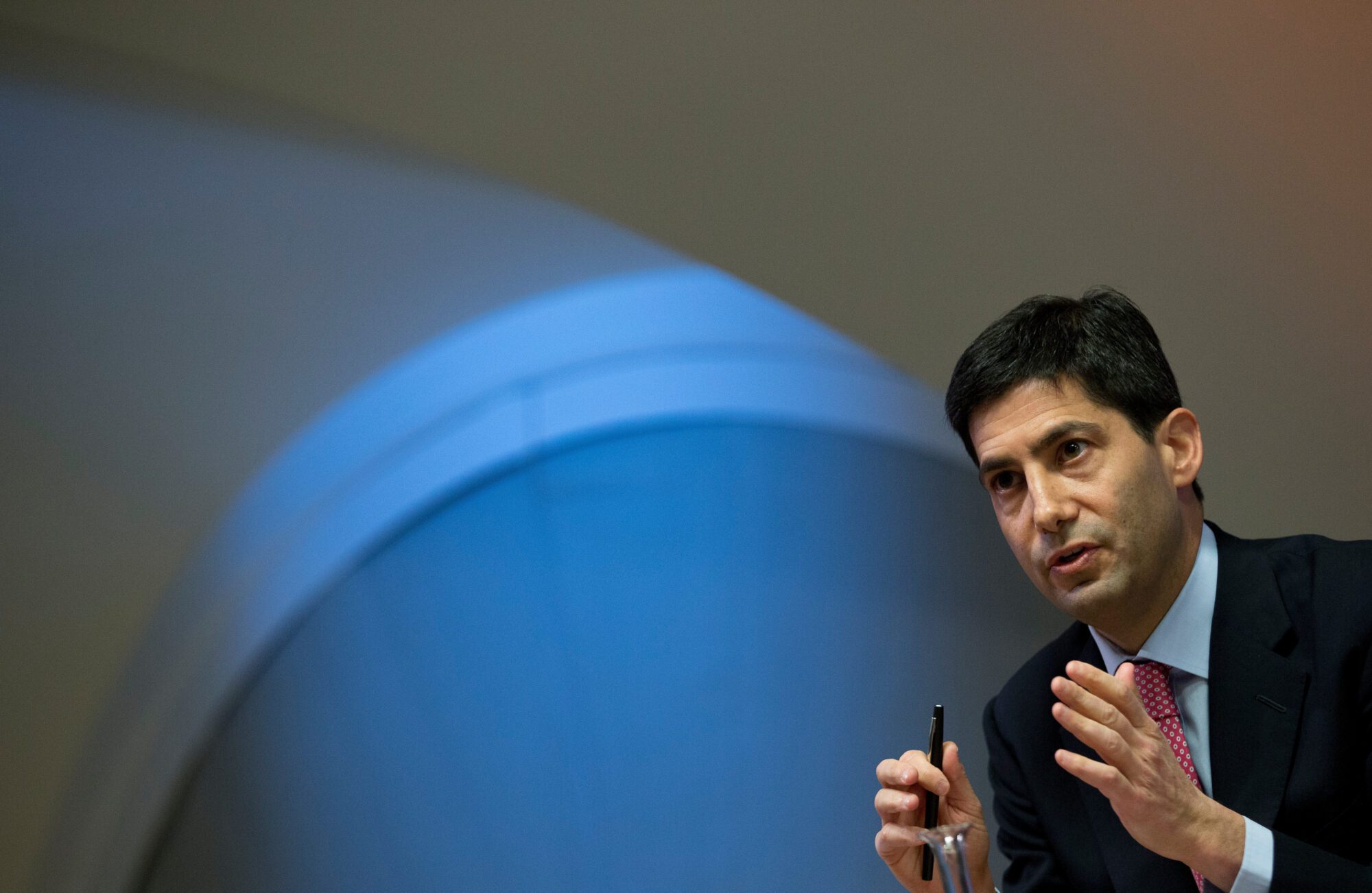
Speakers included representatives from the Department of Mental Health, Right Track Medical Group, Leading by Example MS, and more.
On Tuesday, the House Judiciary B Committee met to hear from a variety of speakers on the topic of mental health in Mississippi.
Speakers at the hearing included representatives from the Department of Mental Health, Right Track Medical Group, Leading by Example MS, the Baptist Hospital Union County, Baptist Hospital Lowndes County, Chancery Clerk Lee County, Chancery Clerk Prentiss County, and more.
State Representative Nick Bain, Chairman of the House Judiciary B Committee, said he had the opportunity to speak with police chiefs from all over Mississippi in June.
In June, I had the opportunity to speak with police chiefs from all over Mississippi. Each of them express a strong desire for help with mental health issues. They indicated that this, along with officer pay, is their number one concern in performing their jobs.
— Nick Bain (@StateRepBain) November 15, 2022
“Each of them express a strong desire for help with mental health issues. They indicated that this, along with officer pay, is their number one concern in performing their jobs,” Rep. Bain said. “After that conference I assembled a special mental health subcommittee to address these issues.”
Bain named State Rep. Sam Creekmore to Chair this subcommittee.
“Him and the members have done a phenomenal job,” Bain continued. “Today, they are having a hearing on their findings and come January I am hopeful that we will have significant legislation that will help our law enforcement agencies.”
Chris Robertson, New Albany Police Chief, said that the mental health problem is one of the biggest hurdles that they deal with in law enforcement. He said there are three different types of mental health problems they deal with as law enforcement officers:
- Someone who is born with a medical condition.
- Someone who has a “mental issue” and then self medicates.
- People who have a drug induced psychosis that causes mental problems.
Greg Pollan, Sheriff of Calhoun County and President of the Sheriffs Association, said that he came to the meeting with a very different perspective, especially from the earlier speakers.
“My perspective on this is from a Sheriff who runs a jail,” Pollan said.
Pollan said it seems like the jails are the mental health facilities in most counties, “which is so unfortunate.”
“I do not know what the answer is,” Pollan explained. “I do know that the system is broken. I do know that every county is different, the way that they are committed in Calhoun County is strange to Chickasaw County who connects to me. The way we do it in Calhoun County is strange to Steve in Lincoln County… There is no set order, set rules, it’s different in every county.”
Pollan said that when he goes to the Sheriffs’ conference, ninety percent of the time they talk about committals in their jails, “and they shouldn’t be there.” He thinks it is ironic that the largest mental health facility in the country is a jail, which he noted was in Chicago.
“So, it’s not a Calhoun County problem, it’s not even a Mississippi problem; it’s a national problem,” Pollan said.
Wendy Bailey, Director of the Department of Mental Health, said they need to increase crisis service availability.
Bailey said successful crisis system in any state needs to have three things: someone to talk to, someone to respond, and somewhere to go. She discusssed what is going in Mississippi in relation to that.
You can watch the full House Judiciary B meeting below:
On Tuesday, Mississippi Governor Tate Reeves released his Fiscal Year 2024 Executive Budget Recommendation and called to increase mental health funding in Mississippi.
READ MORE: Governor Reeves releases Fiscal Year 2024 Executive Budget Recommendation
“Our state has the opportunity to expand access to critical mental health resources across Mississippi,” Governor Reeves stated. “There is currently only one crisis stabilization center – located in Jackson – that covers the entire state. I propose allocating $1.6 million to open an additional center in North Mississippi and South Mississippi, respectively.”
The Mississippi Governor said that Mississippi should also increase therapy services for eating disorders, as well as sexual and repeat trauma.
“I propose committing $2 million toward providing additional mental health services in the state to bolster access to care,” Reeves said.











